Path Home’s Model for Addressing Family Homelessness
This story began in 1994 when the First United Methodist Church in Portland, Oregon, opened the Goose Hollow Family Shelter for homeless families with children in response to families with children being found camping in Forest Park and the Goose Hollow neighborhood. The church ran the shelter for over a decade in the building’s basement. It had very little paid staff and a large team of volunteers.
In 2007, Brandi Tuck was hired to be the Executive Director of the Goose Hollow Family Shelter, and things started changing quickly from there. With a strong passion for helping homeless families and an eager willingness for innovation and taking risks, Brandi led an effort to create the nonprofit Portland Homeless Family Solutions to take over the Goose Hollow Shelter, to grow to help more people and expand the number and type of services offered. In 2022, the name was changed to Path Home to better represent the work that is done; Path Home is also a name that is way easier to say and remember.
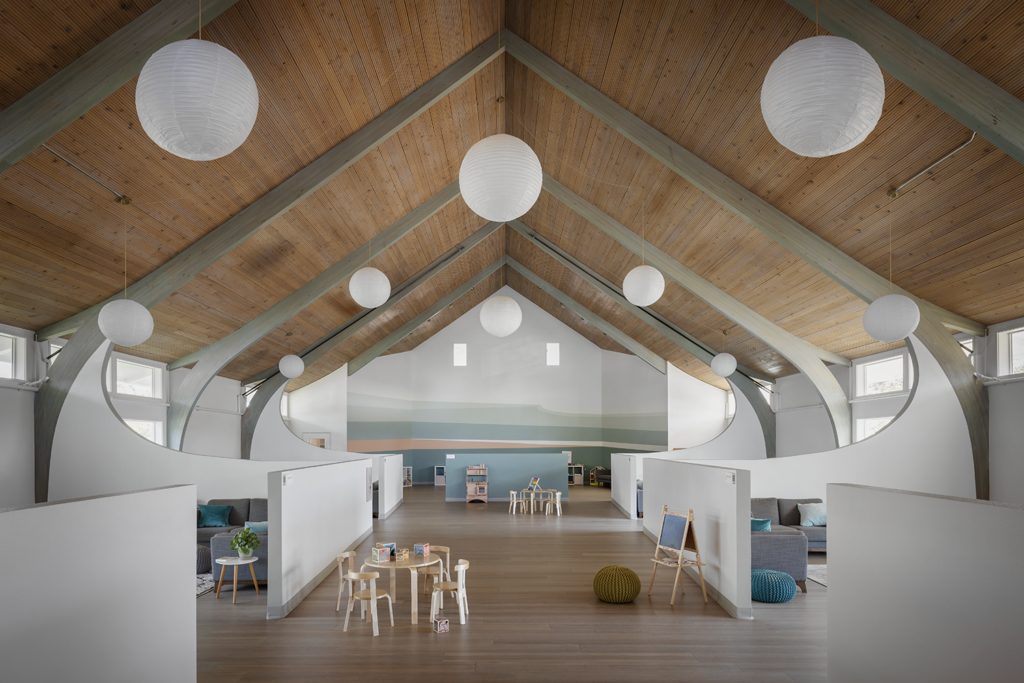
Over the last 16 years, Path Home has been on the forefront of innovation in the Portland metro community.
For instance, in 2009, Path Home opened a day shelter in the basement of the First Unitarian Church of Portland. In partnerships with faith communities around the metro area, including Congregation Beth Israel and the First Congregational Church of Portland, Path Home has always had a strong volunteer program. This spirit of volunteerism had led Path Home to be a very values-driven organization, and so many of the values we learned from First United Methodist, First Unitarian, and many other faith congregations: the values of being in community and creating strong relationships–often through eating dinner together, the value of building dignity for the families that we serve, and the value of extreme volunteer service and community engagement.
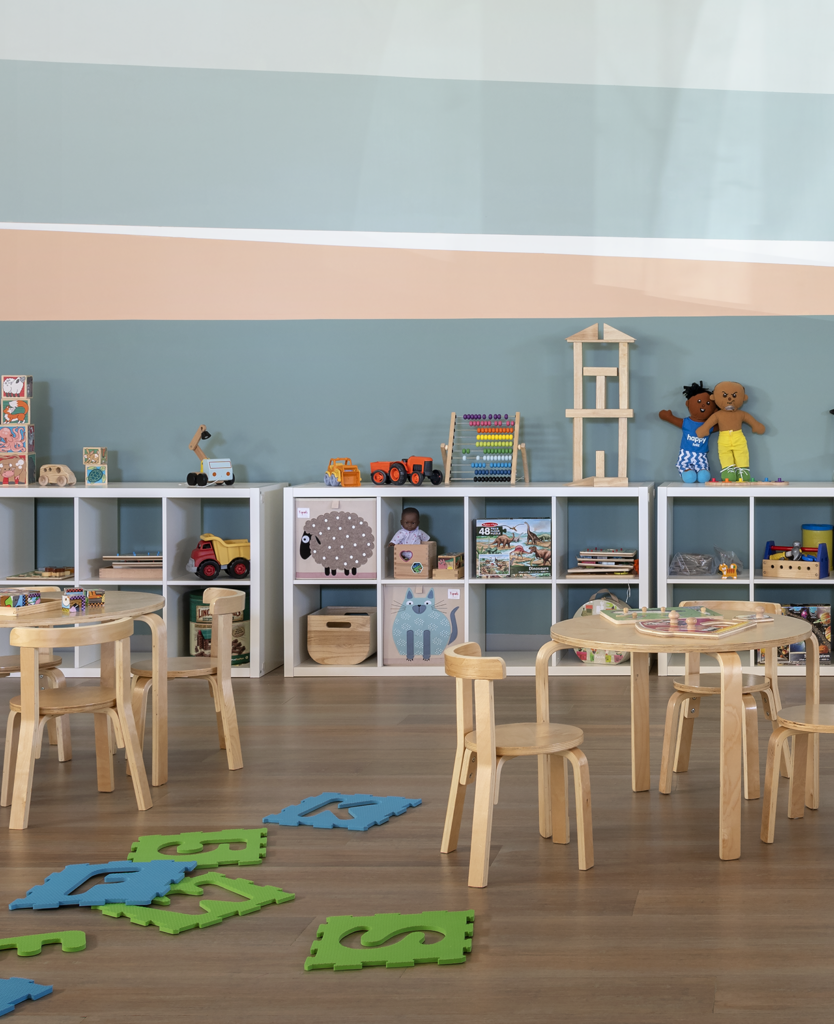

Since 2009, Path Home has continued to innovate, pioneering the first rapid re-housing program in 2012, moving upstream to create a homeless prevention program in 2017, opening the first shelter in Oregon with trauma-informed1 design and architecture in 2019, and launching a basic income guarantee program in 2021.
Today, Path Home is a nonprofit whose mission is to empower homeless families with children to get back into housing – and stay there. Path Home provides culturally-competent2, trauma-informed services to homeless families with children through five programs:
1. Street Outreach – Families who are literally outside in tents, cars, or on the streets get help connecting with mainstream resources like shelter and housing assistance.
2. Family Village – A shelter for 17 families with children at a time. Each family gets its own individual, private bedroom with real beds and real furniture and access to many common spaces like a central kitchen and dining area that serves 3 meals + snacks each day, computer lab, library, living room spaces, little kids play area, game room, basketball court, playground, and community garden. Family Village is the first shelter in Oregon featuring trauma-informed design and architecture, which helps families heal from the crisis and trauma of homelessness and leads to better outcomes – like shorter shelter stays and greater success moving back into housing. In fact, over the last year 96% of families moved from shelter back into housing and the average length of stay at the shelter was only 87 days. Families report that Family Village makes them feel calm, peaceful, and hopeful for the future. What’s more, families report that Family Village helps them feel like someone cares about them.
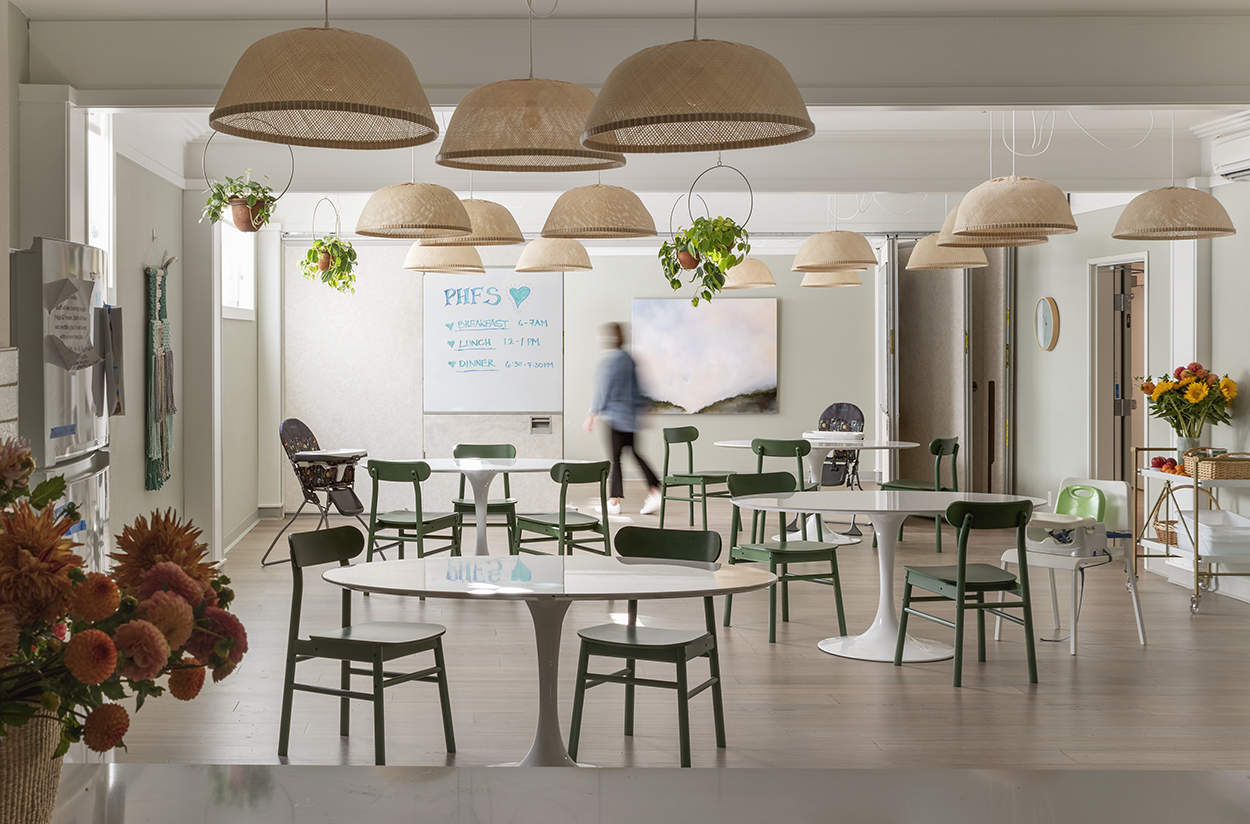

3. Rapid Re-Housing – Families get help moving from homelessness back into permanent housing. Path Home provides a period of rent assistance and long-term case management to help families keep their housing: 87% of families keep their housing for good. Case management services focus on helping families identify goals, increase their income, learn new skills, manage mental health, connect to services, and build trusting and long-lasting relationships in their lives that they can turn to for support.
4. Homeless Prevention – Families who are about to lose their housing as a result of an impending eviction notice get help keeping their housing and so never have to experience homelessness in the first place. Most often, families are facing some kind of financial emergency, most often a medical emergency, that puts them behind on their rent and utility payments. Path Home is able to provide rapid financial assistance to help families avoid an eviction and provides 4-6 months of case management focused on budgeting, financial literacy, and service navigation. The homeless prevention program prevents the crisis and trauma associated with a family‘s losing their home; it’s also the most cost effective program that Path Home operates – on average, it only costs $3,000 per household to prevent homelessness before it ever starts.
5. Basic Income Guarantee – Worldwide research shows that the fastest and most efficient way to end poverty is to give people cash and allow them to manage their own household budgets. Path Home provides $575 a month for 2 years to families with children to help them end their poverty for good. We track things like housing stability, income level, debt level, as well as things like the family’s overall sense of wellness, their overall sense of joy, and how much time the family spends together. One mom in the program said, “I didn’t know how stressed out about money I was every single second of every single day – until all of a sudden I wasn’t. Now I spend my time making dinner for my kids and reading them bedtime stories.”
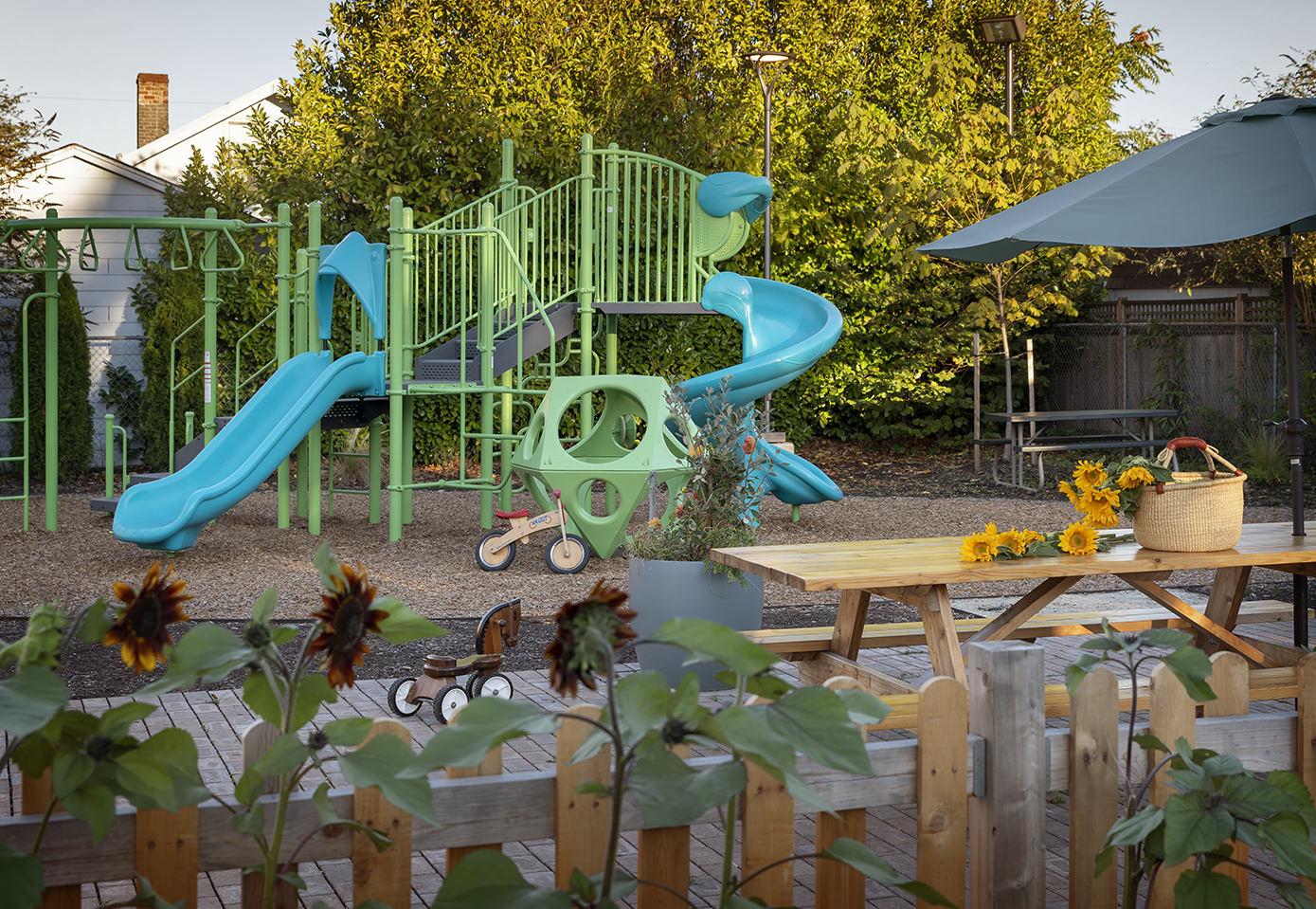
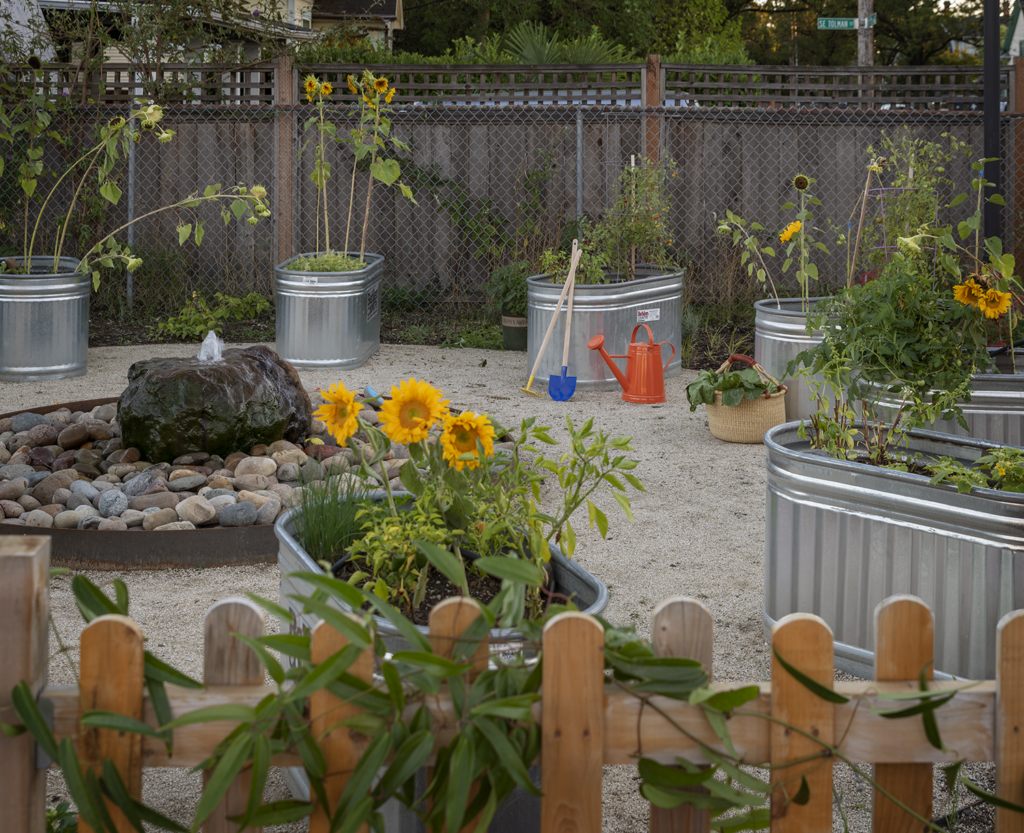
Last year in all of their programs, Path Home served 524 families – about 1,900 kids and parents. One of the families Path Home worked with was a mom and her kids. When the mom lost her job, she and her four children along with her husband stayed with family for a time. But naturally, she wanted the stability of her own home for her kids. “We struggled a lot in the last year. But I wanted to be a strong mom, showing my kids that you never give up,” she says.
As this mom puts it: when “one little Lego gets moved and the whole thing comes crashing down,” Path Home’s team is there. We form long-term, loving relationships with families that help them build back up again.
Nico, a Path Home housing specialist, worked with this mom during her time at Family Village shelter and says: “She was amazing. She was very good at advocating for her family and letting me know anything they needed to move the process forward.” She didn’t want to be at the shelter long because she knew how many families needed her spot – 800 families are currently on the waitlist – but her stay provided a healing transition.
“Path Home is a small community where everyone can come together. You can take a deep breath and let some of your stressors go,” she says. Path Home’s trauma-informed shelter and programs are designed to build dignity, restore power, and promote autonomy. Our model works: 96% of families that stay at Family Village move back into permanent housing.

Today, this mom and her children have moved into a new home and, with the help of Path Home, she has secured a full-time position. She has an income she’s proud of and is excited for what’s ahead. “Now it’s going fabulous. Things are really moving on up!”this mom says.
Lots of organizations provide shelter, and lots of organizations help families move back into housing. But what makes Path Home different is in their approach to trauma-informed care and trauma-informed design.
Path Home builds dignity by providing this beautiful shelter space with its high-end furniture and finishes, and the fancy appliances and fixtures. But most importantly Path Home builds dignity by recognizing that the families they serve are people who know their lives better than others ever will.
The Path Home staff empower families to tell them what they need, and the staff believes the families when they respond. Path Home recognizes that every single family is different, and so every single family needs something a little bit different. All of Path Home’s services are customized to each individual family.
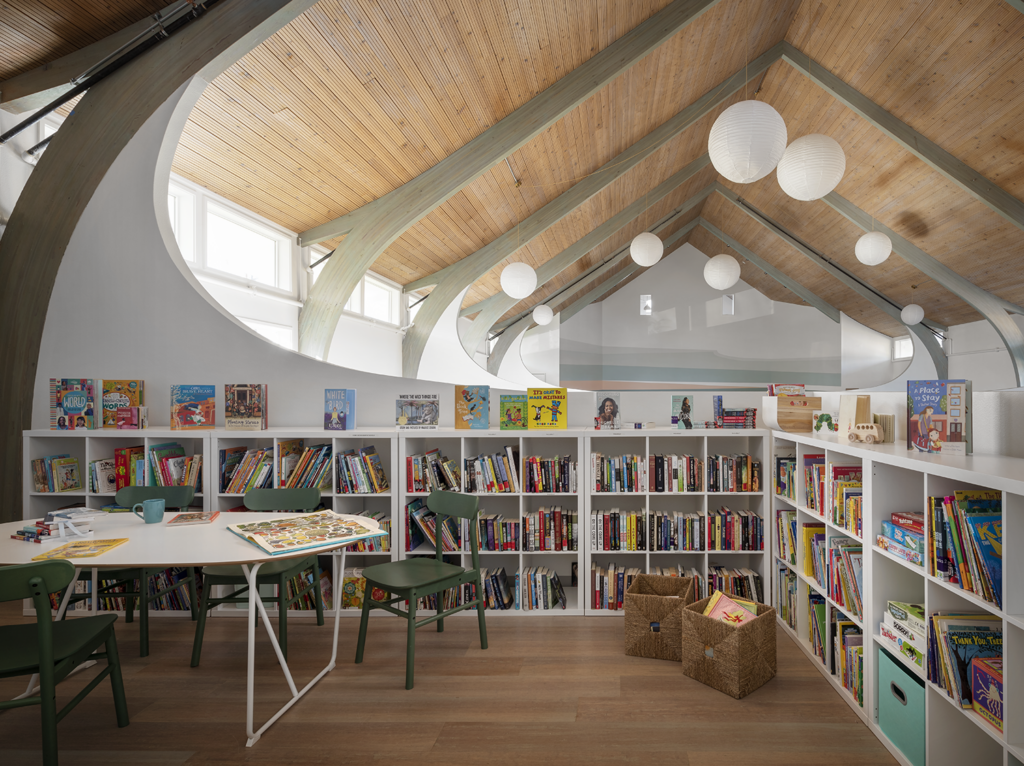
Families are given power to make their own decisions about what’s best for their family, choice on how they engage in services, and autonomy over how they structure their days.
Path Home provides financial assistance for up to a year, and long-term case management to help families stabilize in housing and connect to wrap-around services so they can keep their housing long-term. This deep support is, surprisingly, an uncommon approach, and it’s why Path Home is so successful: 87% of families keep their housing long-term.
It’s about facilitating access to housing, providing practical help, but it’s most importantly about love. Path Home loves the families they serve, and they treat them as equal partners who are worthy of this love and trust.
That is the secret ingredient that allows Path Home’s programs to change so many lives for the better.
1. Trauma-informed is an evidence based practice that we follow. We use it both programmatically and in our built environment with trauma informed design and architecture. It is meant to build dignity, restore power, and promote autonomy. It emphasizes psychological, physical, and emotional safety and focuses on giving families power, choice, and control.
2. Culturally competent means that we serve a very diverse group of families and our staff is diverse enough to be able to support everyone in a competent way no matter what their culture is. 73% of families we serve are people of color, and 55% of our staff are people of color. 48% of our staff have lived experience of homelessness. We train in how to deliver services that anti-racist, anti-oppressive, and anti-ableist.
To learn more or see how you can help, visit the Path Home website.
Comments, thoughts or questions? Email us now!
